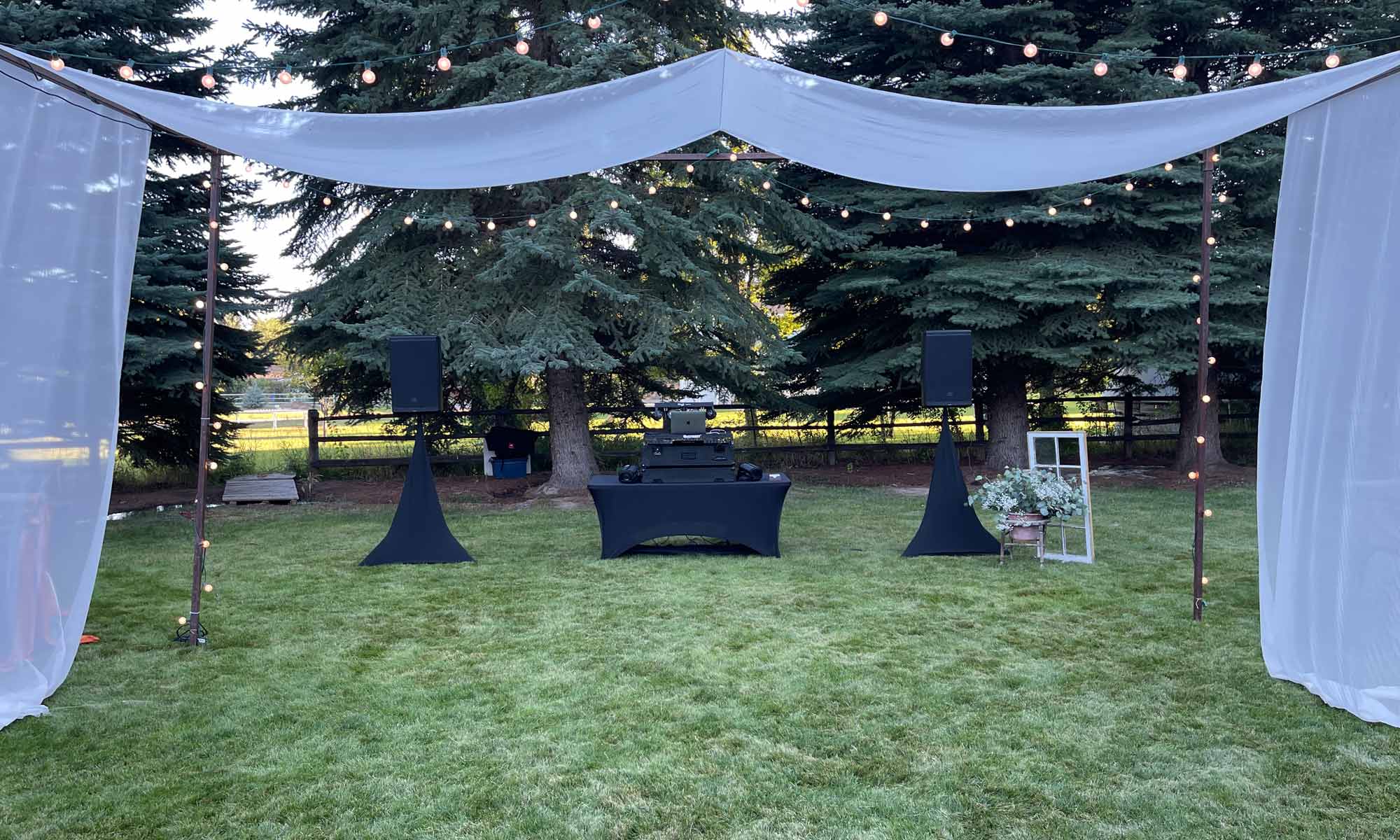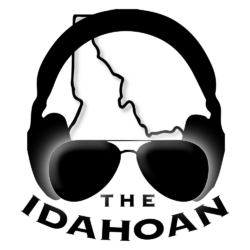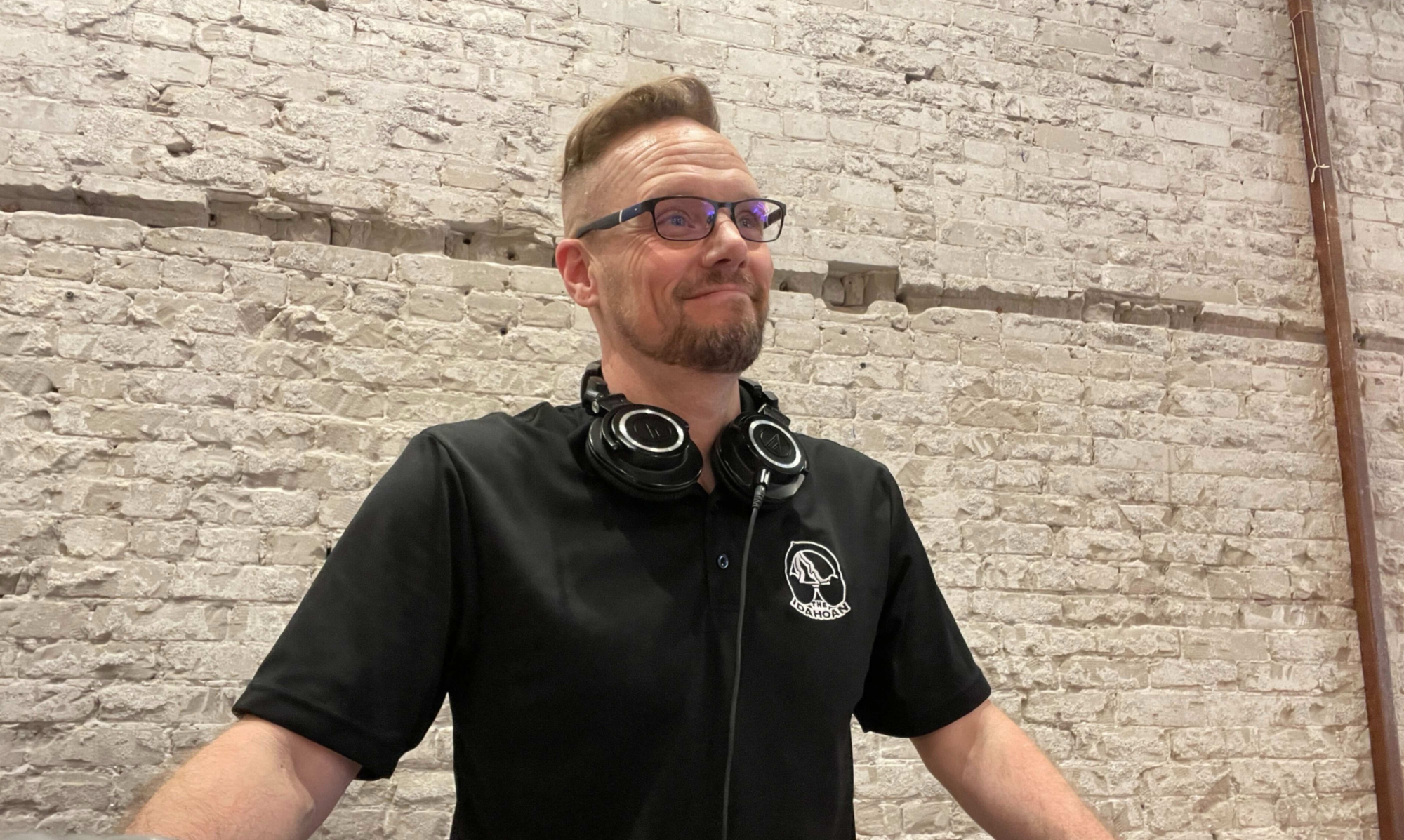My Real-World Workflow Before Stepping Behind the Decks
In my last blog post, I broke down how to land DJ gigs—weddings, clubs, festivals, livestreams, all of it. But what happens once you get the gig? That’s what this post is about.
This isn’t a one-size-fits-all tutorial. Instead, I’m walking you through how I personally prepare for my DJ gigs, with the hope that something in my process can work for you too. Take what’s useful, ditch what isn’t—this is just my honest workflow.
Preparing for Wedding DJ Gigs
Weddings are a whole different animal. These are service-oriented, high-stakes events where communication, preparation, and professionalism matter more than anything else.
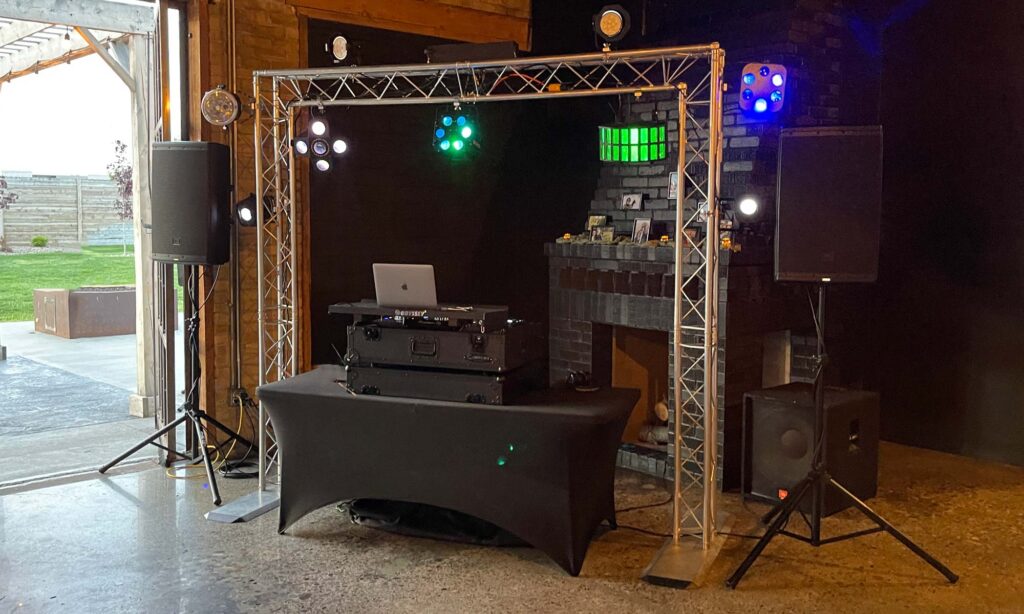
Here’s my wedding prep checklist:
- Client Communication: I stay available and responsive. That means consultations, answering questions, and sometimes attending rehearsals.
- Power Planning: During consultations, I always establish power needs and confirm whether the venue has adequate electrical support for my setup.
- Music Discovery: I send the couple a basic music planning document that walks them through the typical wedding timeline and lets them fill in what songs they want for each moment.
- Playlist Creation: I like to have my entire wedding playlist finalized at least one week ahead of the event. That way I have time for changes and revisions without last-minute stress.
- Gear Prep: For weddings, I bring it all—DJ gear, full PA system, wired and wireless mics, and lighting. I also offer add-ons depending on what the client needs.
- Load-In Timing: Depending on the amount of gear and the venue logistics, I always strive to arrive on site no less than two hours early, even for the most basic setup.
- Payment: I always collect payment upfront before the event. Wedding gigs are detailed and time-intensive, and I treat them like a professional service should.
Preparing for Club and Bar DJ Gigs
Club gigs are typically more relaxed, but I still come prepared:
- Music Organization: I make sure my tracks are tagged, organized, and formatted properly in Rekordbox or whatever software I’m using.
- Gear Compatibility: If I’ve never played the venue, I double-check what kind of setup they use and make sure my USB is compatible. And I bring at least 2 backup USBs with the same playlists.
- Set Planning: While I freestyle most of my club sets, I’ll occasionally prep a playlist if I’m opening for a headliner or have a very specific time slot.
- Mindset: I show up clear-headed and focused—no partying before the set. I’m there to do a job first, then enjoy the night after.
- Social Media: I share the shit out of my gigs on my social channels. If you follow me, you know. Post often and solicit engagement in a non-spammy way.
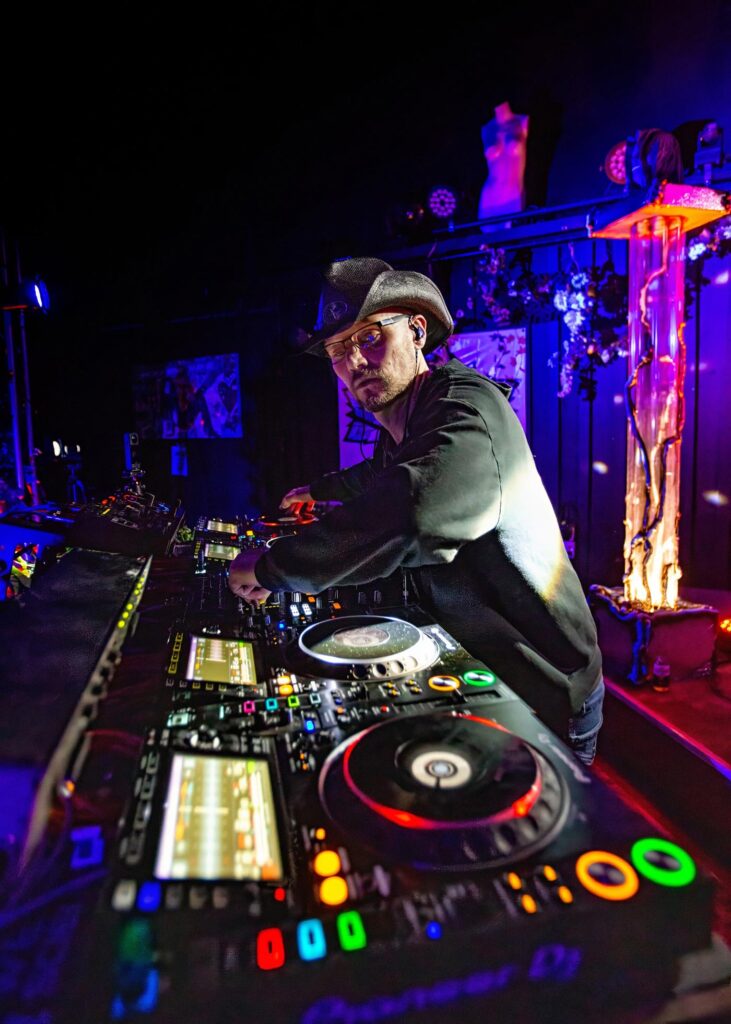
What About Festivals?
I haven’t played a festival or out-of-state gig yet, but that’s changing soon. I’ll be performing at Konnexion Music Festival in June. Once I’ve gone through that experience, I’ll come back and update this blog post with how I prepared and what I learned from it.
Final Thoughts
Your process might look different—and that’s fine. This is just what works for me as a wedding DJ, club performer, and livestream regular. Preparation is about respecting your clients, your crowd, your set, and your craft.
In future posts, I’ll dive deeper into specifics—like how I design my wedding music form or what I pack in my gig bag. For now, I hope this gives you a solid look into what goes on before I hit play.
This blog post was drafted via voice dictation and edited with the help of AI to improve clarity, formatting, and grammar while preserving the original voice and intent.
